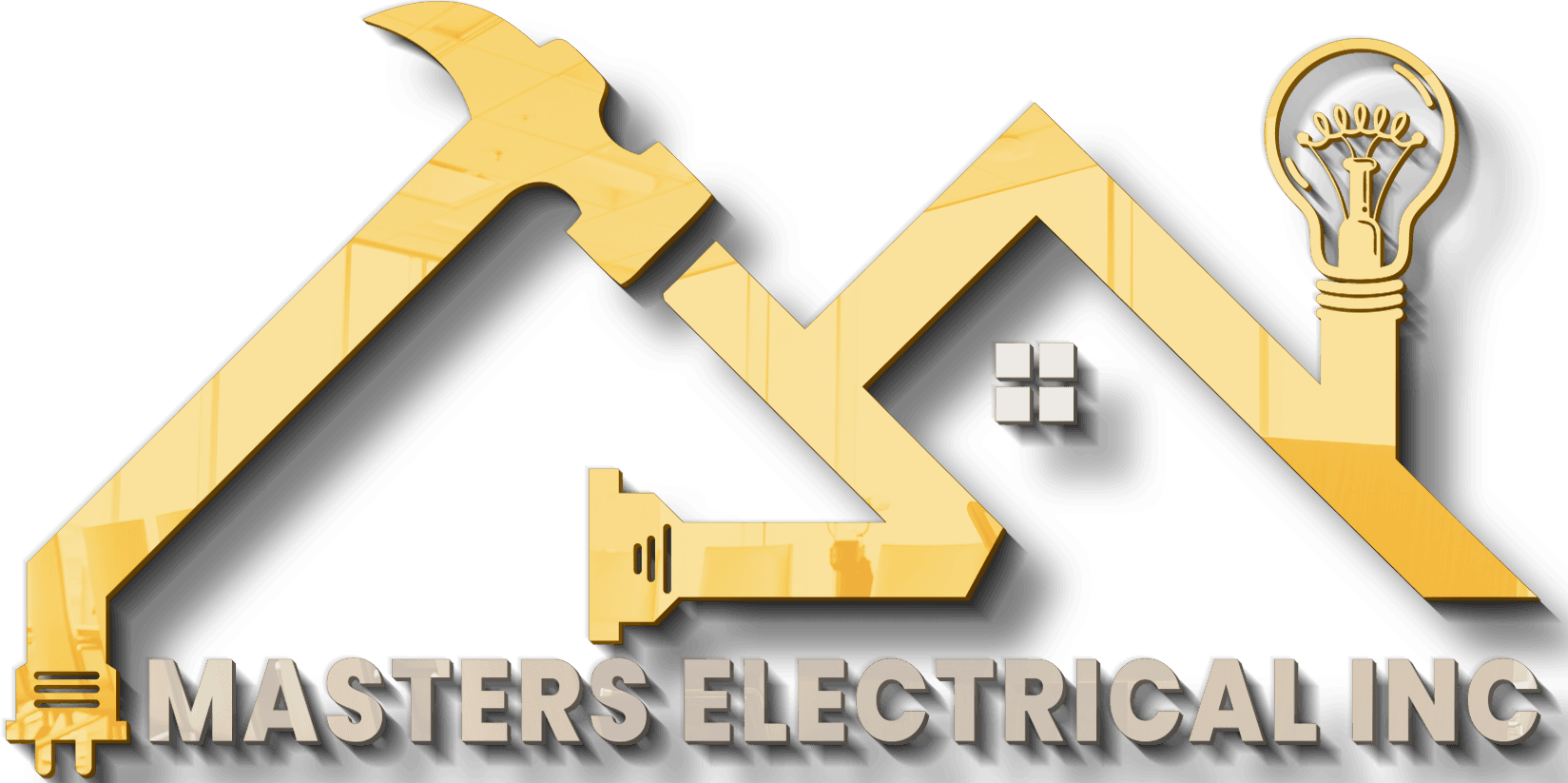Comparing DIY vs. Professional Electrical Work: When to Call an Expert
AT
Understanding DIY Electrical Work
In recent years, the do-it-yourself (DIY) approach has gained significant popularity among homeowners. Tackling small electrical projects can be a satisfying and cost-effective way to maintain and enhance your home. However, it's essential to understand the boundaries of what should be attempted on your own. Simple tasks like changing a light bulb or replacing a fuse might be suitable for DIY enthusiasts.
Before undertaking any electrical project, ensure you have a basic understanding of electrical systems and are familiar with safety precautions. Even small mistakes can lead to significant hazards, including electrical fires or serious injuries. It's crucial to know your limitations and recognize when a task exceeds your skill level.

Benefits of Professional Electrical Work
Hiring a professional electrician offers numerous advantages, especially for complex or large-scale projects. Professionals bring expertise, ensuring that the job is done safely and efficiently. Moreover, certified electricians are up-to-date with local building codes and regulations, which helps prevent potential legal issues down the road.
Professional electricians also possess specialized tools and equipment that may not be readily available to the average DIYer. Their experience allows them to diagnose and resolve issues more quickly, saving you time and potential frustration. Additionally, reputable electricians provide warranties on their work, offering peace of mind that any problems will be addressed promptly.

When to Consider DIY
If you're considering a DIY electrical project, it's crucial to assess the complexity and potential risks involved. Here are some tasks that might be suitable for DIY:
- Replacing light fixtures
- Installing dimmer switches
- Adding new outlets (with prior wiring knowledge)
For these projects, always ensure that you turn off the power supply to the area you're working in and use appropriate personal protective equipment. Additionally, research thoroughly and consult reliable resources or guides before beginning any DIY electrical work.
When to Call an Expert
Certain situations warrant the expertise of a professional electrician. If you experience frequent circuit breaker trips, flickering lights, or any burning smells near outlets or switches, it's time to call an expert. These issues can indicate serious underlying problems that require immediate attention.

Other scenarios that demand professional intervention include:
- Wiring upgrades or installations
- Service panel upgrades
- Outdoor electrical work
- Rewiring an entire room or home
Attempting to handle these complex tasks without professional help can result in severe damage or injury.
The Importance of Safety
Safety should always be the top priority when dealing with electricity. Both DIY enthusiasts and professionals must adhere to strict safety protocols to prevent accidents. This includes using insulated tools, wearing rubber-soled shoes, and keeping a safe distance from water sources.
Always prioritize your safety and the safety of others in your household. When in doubt, consulting with or hiring a professional electrician can prevent potentially dangerous situations.

Conclusion
Deciding between DIY and professional electrical work depends on several factors, including the complexity of the task and your comfort level with electrical systems. While small projects might be manageable on your own, larger or more complicated jobs should always be left to the experts. By understanding your capabilities and knowing when to call for help, you can ensure your home's electrical systems remain safe and functional.
